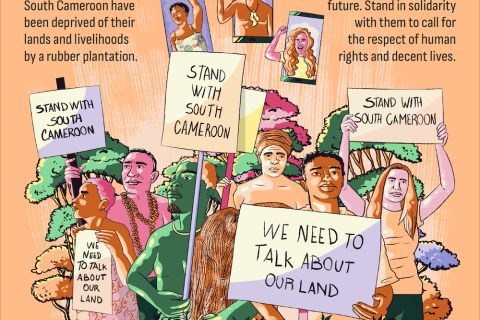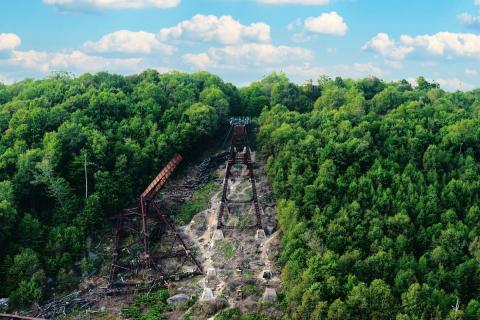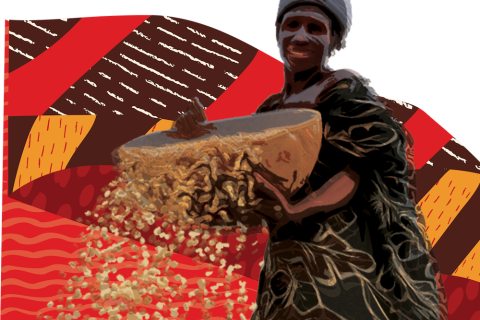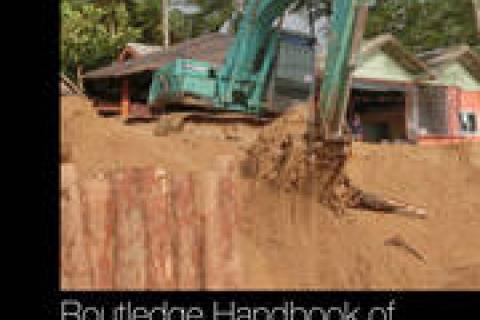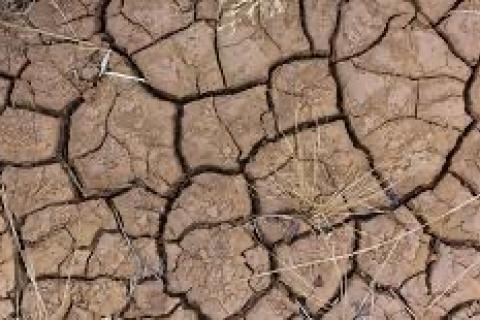SudCam: A Decade of Broken Promises and Community Struggles
In the villages surrounding SudCam's vast rubber plantation in Southern Cameroon, the contrast between initial promises and current reality is striking. More than a decade after the establishment of this Halcyon Agri Corporation Limited subsidiary, local communities face a radical transformation of their environment and way of life.

